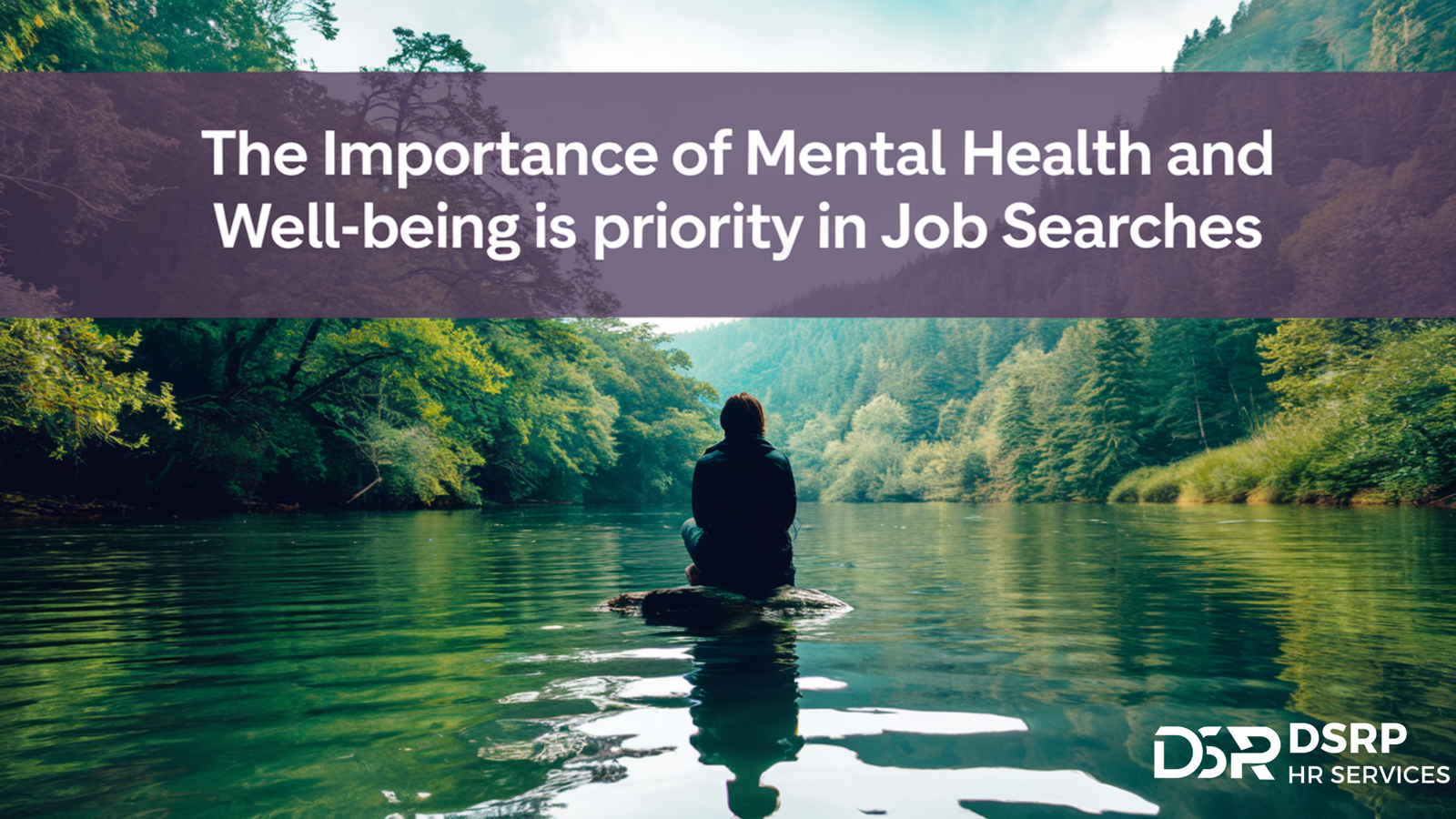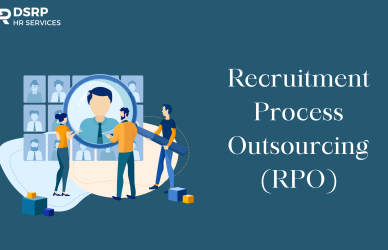In recent years, the conversation around mental health and wellbeing has gained significant momentum. The global pandemic, increased awareness of mental health issues, and changing work environments have all contributed to this shift. As a result, mental health and wellbeing are no longer just personal concerns; they have become critical factors in job searches and employment decisions. This blog explores how mental health and wellbeing have emerged as a new priority for job seekers and employers alike, and why this trend is here to stay.
1. The Growing Importance of Mental Health in the Workplace
Mental health has always been a crucial aspect of overall well-being, but it has often been overlooked in the workplace. Traditionally, employers focused on physical health benefits, such as health insurance and gym memberships, while mental health was rarely addressed. However, this is changing rapidly as the stigma around mental health diminishes and the understanding of its importance grows.
The COVID-19 pandemic played a significant role in this shift. The sudden move to remote work, social isolation, and the uncertainty brought about by the pandemic led to a surge in mental health issues such as anxiety, depression, and burnout. As a result, both employees and employers began to recognize the need for a more holistic approach to health that includes mental wellbeing.
2. Job Seekers Prioritizing Mental Health and Wellbeing
– Work-Life Balance: Many job seekers now prioritize work-life balance when considering job offers. They are looking for companies that respect their time, offer flexible working hours, and support remote work. A healthy work-life balance is seen as essential for maintaining good mental health.
– Mental Health Benefits: Job seekers are increasingly interested in the mental health benefits offered by potential employers. This includes access to therapy, counseling services, mental health days, and wellness programs. Companies that provide comprehensive mental health benefits are more attractive to top talent.
– Company Culture: A positive company culture that promotes mental health and wellbeing is a significant draw for job seekers. They are looking for workplaces that encourage open communication, provide support during stressful times, and foster a sense of community.
– Leadership Support: Job seekers also pay attention to how company leadership addresses mental health. Companies where leaders openly discuss mental health, lead by example, and implement policies that support employee wellbeing are highly valued.
3. Employers Adapting to the New Priority
– Implementing Mental Health Programs: Many companies are now offering mental health programs as part of their employee benefits package. These programs may include access to mental health professionals, wellness workshops, stress management courses, and meditation sessions. Some companies even offer apps or online platforms where employees can access mental health resources anonymously.
– Flexible Work Arrangements: Employers are increasingly offering flexible work arrangements to support employee wellbeing. This includes options like remote work, flexible hours, and compressed workweeks. These arrangements help reduce stress, improve work-life balance, and support mental health.
– Training for Managers: Companies are also training managers to recognize signs of mental health issues and provide appropriate support. This includes understanding how to have sensitive conversations about mental health, making accommodations for employees who need them, and creating a supportive team environment.
– Creating a Supportive Culture: A supportive company culture is key to promoting mental health. Employers are working to create environments where employees feel safe discussing mental health issues without fear of stigma or repercussions. This includes offering peer support groups, mental health awareness campaigns, and creating policies that protect employee privacy and encourage mental wellbeing.
4. The Role of Technology in Supporting Mental Health
– Teletherapy and Counselling Services: Many companies now offer teletherapy services, allowing employees to access mental health support from the comfort of their homes. These services are often provided through apps or online platforms that connect employees with licensed therapists.
– Wellness Apps: Wellness apps that focus on mental health are becoming a popular tool for both employers and employees. These apps offer features like guided meditation, stress management techniques, mood tracking, and sleep improvement tools. Some apps also provide access to mental health professionals for personalized support.
– Virtual Support Groups: Virtual support groups allow employees to connect with others who are experiencing similar challenges. These groups can be an invaluable resource for sharing experiences, offering support, and reducing feelings of isolation.
– Employee Assistance Programs (EAPs): Many companies have expanded their Employee Assistance Programs to include mental health support. EAPs offer confidential counseling, crisis intervention, and referral services to help employees deal with a wide range of personal and professional issues.
5. The Benefits of Prioritizing Mental Health and Wellbeing
– Increased Productivity: Employees who feel supported in their mental health are more likely to be productive, creative, and focused. This leads to better performance and contributes to the overall success of the company.
– Reduced Absenteeism: Mental health issues are a leading cause of absenteeism. By providing mental health support, employers can help reduce absenteeism and ensure that employees are able to perform at their best.
– Improved Employee Retention: Companies that prioritize mental health and wellbeing are more likely to retain their employees. When employees feel valued and supported, they are less likely to leave for other opportunities.
– Enhanced Company Reputation: Employers who are known for their commitment to mental health and wellbeing are more attractive to job seekers. This enhances the company’s reputation and helps attract top talent.
Conclusion
Mental health and wellbeing have become a new priority in job searches, reflecting a broader societal shift towards recognizing the importance of mental health. As job seekers increasingly prioritize work environments that support their mental wellbeing, employers are responding by creating more supportive, flexible, and inclusive workplaces. This trend is likely to continue, as both employees and employers recognize that a focus on mental health is not just beneficial—it’s essential for a thriving, productive, and successful workforce.





